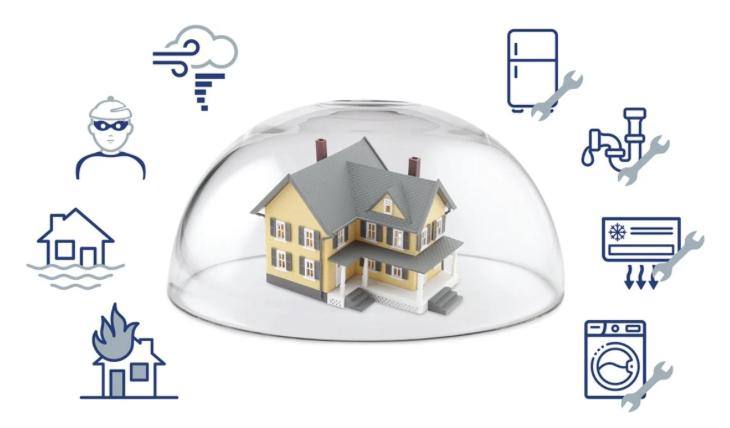As a realtor, I often get asked about the ins and outs of homeowners insurance. It’s an essential aspect of homeownership that provides peace of mind by covering unexpected losses at your home or property. Let’s dive into what it entails, whether it’s required, and other key details.
What is Homeowners Insurance?
Homeowners insurance is a safety net for your home and belongings. It can cover the costs to repair or rebuild your property, replace assets within your home, and even cover accidents that occur on your property. In some cases, it can also pay for living expenses if you need to temporarily relocate due to a covered incident.
Is Homeowners Insurance Required?
If you’re financing your home with a mortgage, your lender will likely require you to have a homeowners insurance policy for the duration of the loan. However, if you’ve paid off your mortgage or bought your home outright with cash, there’s no legal requirement to maintain insurance. Despite this, having insurance is a wise choice to protect your investment and assets.
How Much Does Homeowners Insurance Cost, and How Do I Pay It?
The cost of homeowners insurance varies based on factors like your credit history (in some states), the age and condition of your home, its square footage, and location. You can typically choose to pay your premium monthly, quarterly, or annually. Some lenders might include the insurance premium in your monthly mortgage payment, managing it through an escrow account and paying the insurer on your behalf.
What Does My Insurance Cover?
Homeowners policies generally offer two types of coverage:
1. Named Peril Coverage: This covers damage caused by specifically named perils. The HO-3 policy, for instance, covers the structure and personal belongings against disasters like fire, hail, lightning, freezing, theft, and vandalism.
2. Open Peril Coverage: This covers all instances except those specifically excluded. HO-5 policies may provide more extensive open-peril coverage but often come with higher premiums and stricter eligibility requirements.
How Much Will My Insurer Pay Me?
In the event of a loss, there are three types of reimbursement:
-Actual Cash Value: This pays the cost to repair your home and replace belongings, minus depreciation. For example, if a table bought for $1,500 five years ago is now worth $750, the insurer will pay up to $750.
– Replacement Cost Value: This reimburses the cost to repair or replace items at today’s prices, without considering depreciation. So, if a comparable table now costs $2,500, you may receive $2,500 to replace it.
– Guaranteed or Extended Replacement Cost: A guaranteed replacement policy covers the actual cost to replace your home, regardless of policy limits. An extended replacement policy offers extra coverage above the limit, up to a set percentage.
Are Homeowners Insurance Premiums Tax Deductible?
For your primary residence, homeowners insurance is generally not tax-deductible. However, if you run a business from home or rent out your property, you might be eligible for deductions. Additionally, losses from a presidentially declared disaster may qualify for a casualty loss deduction. It’s best to consult with a tax professional to understand your specific situation.
Remember, practices can vary based on state and local laws. Always consult with your real estate professional or an attorney for details specific to your area. For more information and resources, visit [facts.realtor](http://facts.realtor).
Understanding homeowners insurance is crucial for protecting your home and peace of mind. Whether you’re buying your first home or your fifth, make sure you’re informed and prepared.


